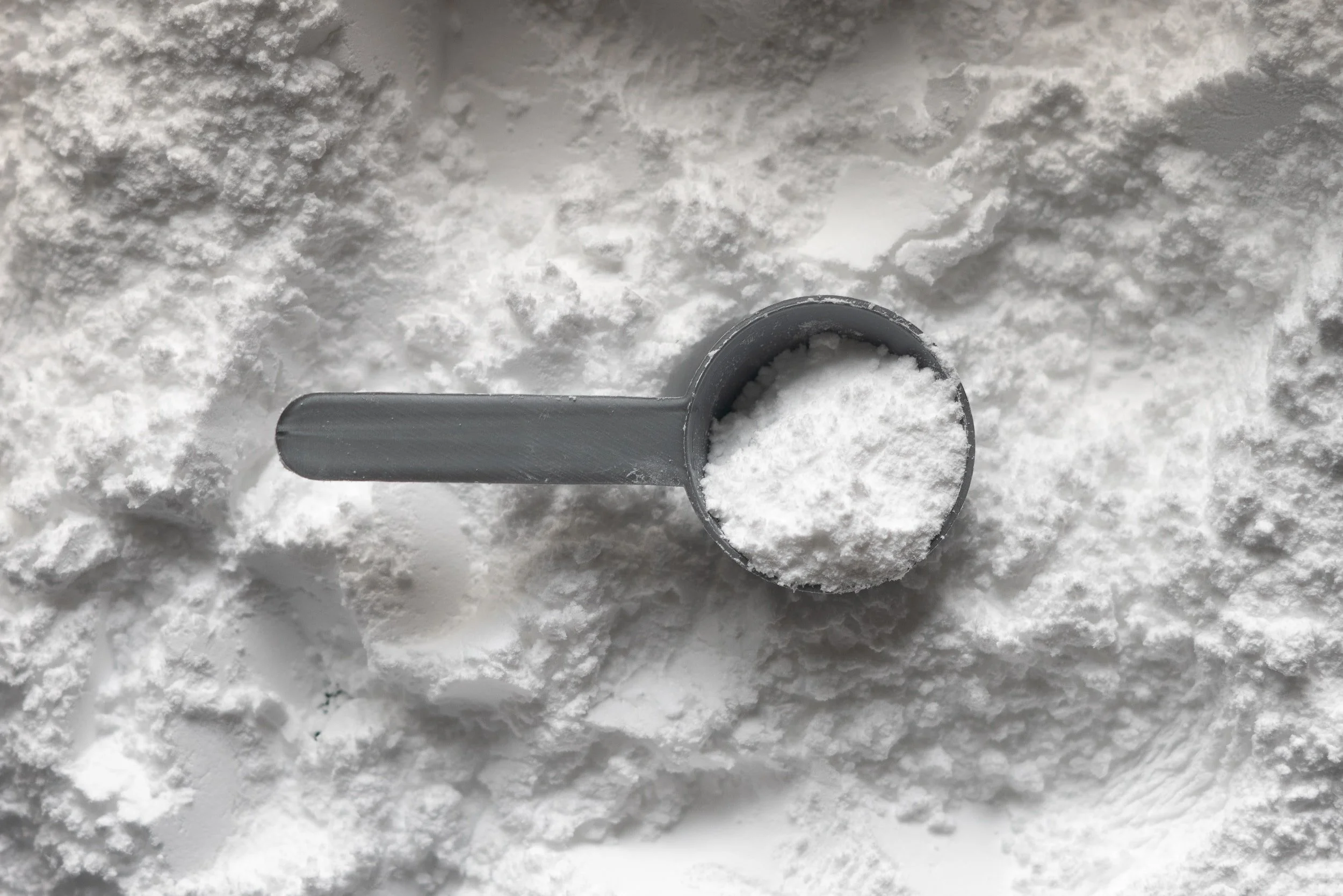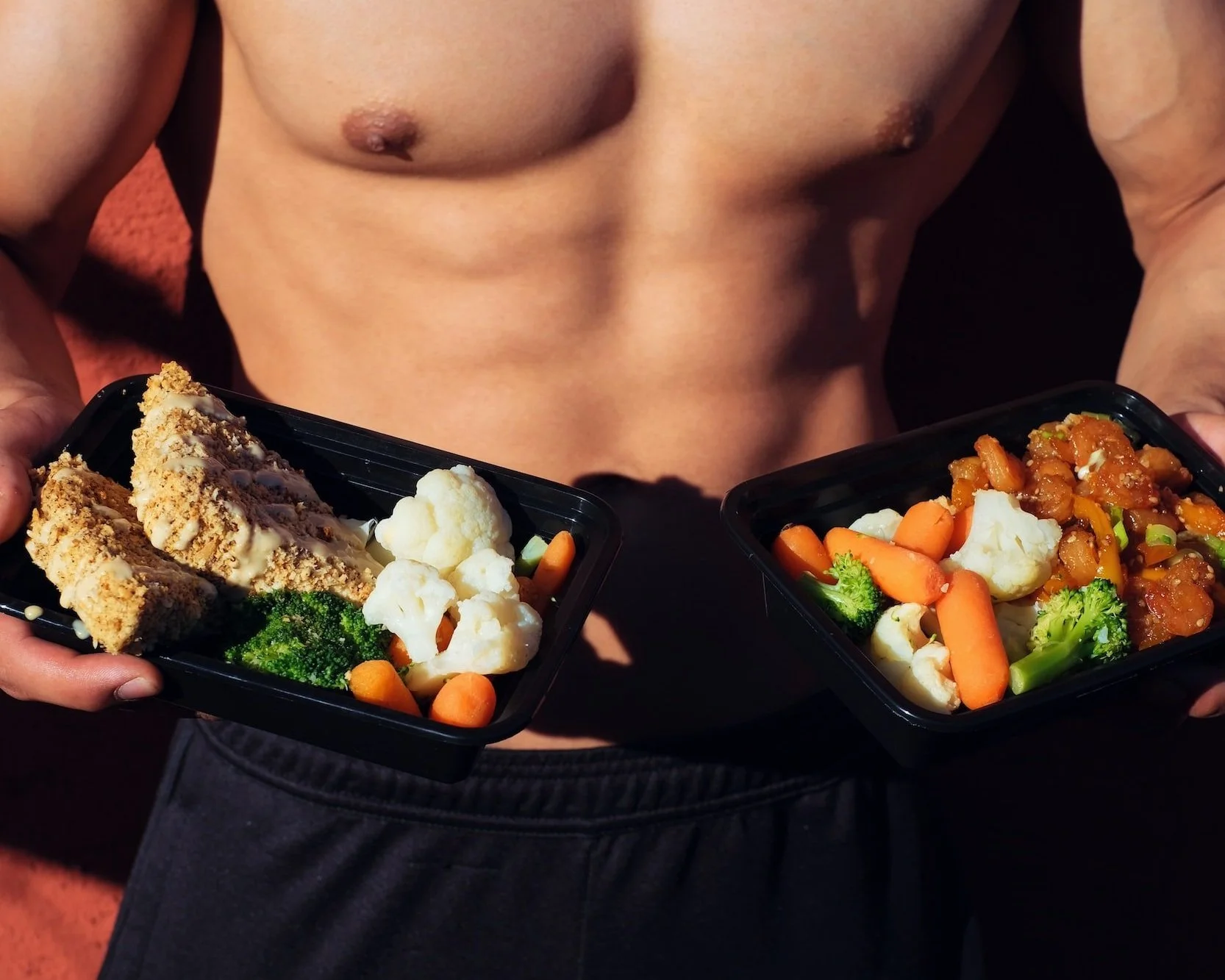Check out a few Dos and Don’ts when it comes to nutrition!
1- Do - Eat lots of protein!
Protein is the most sating of the macronutrients, which means it will leave you feeling more full for longer. In addition, protein is great for controlling blood sugar, which will help keep cravings at bay. Finally, protein builds muscle and muscle burns more energy than fat, so the more muscle you have the more calories you will burn!
2 - Don’t - Let yourself get too hungry!
People tend to overeat when they are hungry, and are more likely to make bad food choices in these situations. Don’t let yourself get so hungry that you lose control of your choices!
3 - Do - Eat at least one serving of plants (fruits and/or vegetables) at every meal!
We all know fruits and vegetables are packed with nutrients, but very few of us eat enough of them. If you commit to eating at least one serving of plants at every meal, you are much more likely to hit your goals!
4 - Don’t - Eat your fruits and vegetables with lots of accessory fats!
Bananas and apples are great snack foods, but be careful not to overload them with calorie-packed nut butters like peanut butter and almond butter. Similarly, things like carrots and broccoli can start to work against your goals if they are soaked in fats and cooking oils. A little is fine, but try not to go overboard!
5 - Do - Get your family on board!
If you don’t live alone, it will be helpful to get your family on board. Even if they don’t want to follow the same nutrition protocols as you do, try to get them to support you with your choices and goals!
6 - Don’t - Be afraid to be particular!
It can be easy to feel guilty about being particular about your food, especially at restaurants and other people’s houses. Don’t let this happen! It is ok to have your own goals, and there should be no guilt associated with trying to stay on track!
7 - Do - Make sure you are hydrating properly with water and electrolytes!
Adequate water and electrolytes are crucial for looking, feeling, and performing our best. Don’t neglect this part of your nutrition!
8 - Don’t - Be afraid of animal protein!
Animal protein is the most bioavailable form of protein. In addition, animal proteins are complete proteins, which means they have all of the amino acids your body needs to function properly and be strong and healthy. Be sure you are getting in your quality animal proteins!
9 - Do - Eat real, whole, foods as often as possible!
Real foods are foods you can picture in their natural state - strawberries, spinach, salmon, etc. Try to eat these foods as often as you can!
10 - Don’t - Eat processed foods when you can help it!
Processed foods are often full of additives and preservatives, and are designed to make you want to overeat on them. Avoid them as often as you can!








